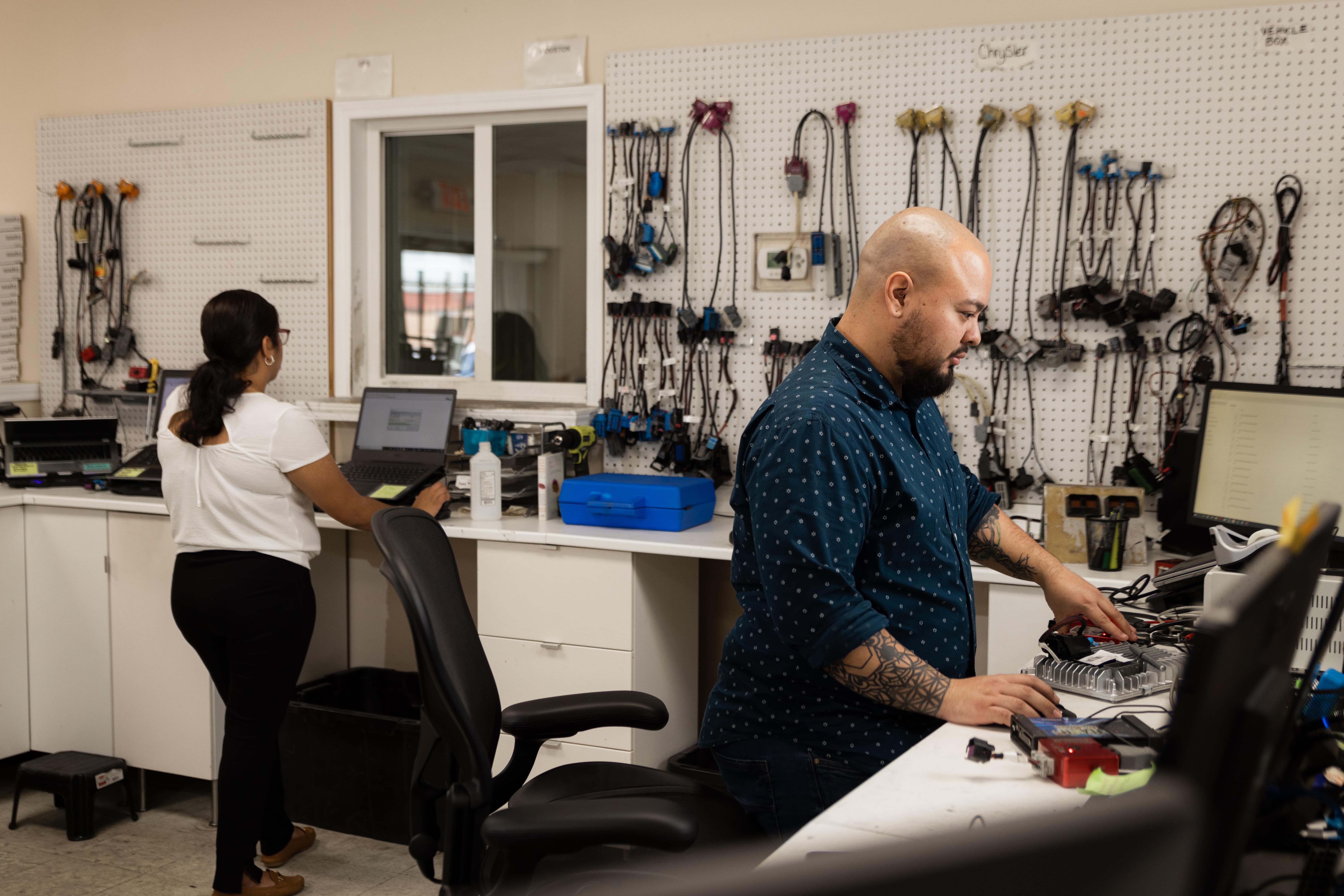When the Engine Control Unit (ECU) of your vehicle fails or shows signs of wear, replacing it is often the best solution. But how should you go about this? Here’s a complete but easy buying guide for individuals considering ECU replacement.
Diagnose the Engine Control Unit Issue
Before even thinking about a replacement, confirm that the Engine Control Unit is the actual problem. Seek a professional diagnostic. In some cases, the issue might be a minor fix or a different component altogether.
Understand Your Vehicle’s Specifications
Every ECU is designed for a particular make, model, and year of vehicle. Know your vehicle’s specifics, including:
- Vehicle Identification Number (VIN)
- Make and model
- Year of manufacture
Decide Where to Buy Your Next Engine Control Unit:
You have several options:
- Dealerships: Often the most expensive option, but you’re assured of getting an ECU that matches your vehicle. Plus, dealerships might offer warranties or guarantees.
- Specialized ECU Shops: These shops focus on control units and might offer exchanges on both new and refurbished options. They provide programming services. The Level of service depends on the business you choose. Some are more expensive but offer a multiple replacement warranty and longer return periods. Some ECU businesses have a great price compared to the dealer but have large shortcomings on aftersales service.
- Online Retailers: Websites or online marketplaces can offer competitive prices but ensure you’re buying from a reputable seller. Check reviews and ratings.
- Salvage Yards: While cost-effective, there’s a risk factor involved. The ECU might not be in optimal condition or could fail shortly after installation.
Consider the Mechanic Route:
Yes, you can buy the ECU through your mechanic. There are pros and cons to this:
Pros:
- Simplifies the process as the mechanic handles acquisition and installation.
- Mechanics often have trusted suppliers and can ensure the part’s quality.
Cons:
- The cost might be higher due to the mechanic’s markup.
- Limits your ability to shop around for the best deal.
Think About Programming the Engine Control Unit:
Some ECUs will need to be programmed to sync with your vehicle. When purchasing, check if:
- The ECU comes pre-programmed.
- You’ll need to visit a professional for programming after purchase.
Compare Costs:
Once you’ve narrowed down your buying options, compare prices. Remember, the cheapest isn’t always the best. Consider the source’s reliability, the unit’s condition (new vs. refurbished), and any associated warranty or guarantee.
Installing the Engine Control Unit:
If you’re not purchasing through a mechanic, you’ll need to consider installation. While some experienced DIY enthusiasts might take this on, for most, seeking a professional mechanic is advised. They’ll ensure it’s installed correctly, minimizing risks.
Conclusion
Replacing an ECU can seem daunting, but by methodically following the steps above and weighing your options, you can navigate the process efficiently. Always prioritize quality and compatibility, and when in doubt, consult with automotive professionals.
Contact Us
Ready to get started with an Electronic Control Unit tailored to your needs? Fill out the form below, and we’ll help you find the perfect solution. It only takes a minute to complete, and our team will take it from there to ensure you get the expert support and service you need.
